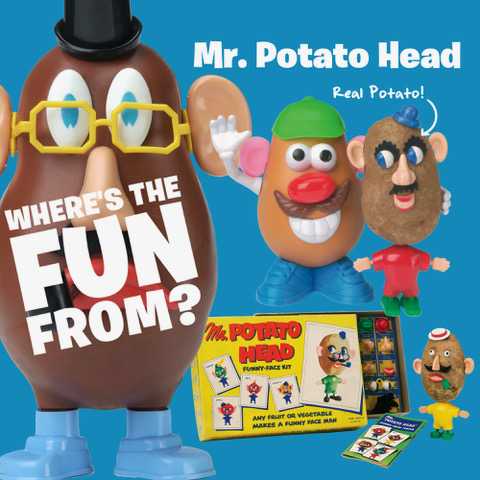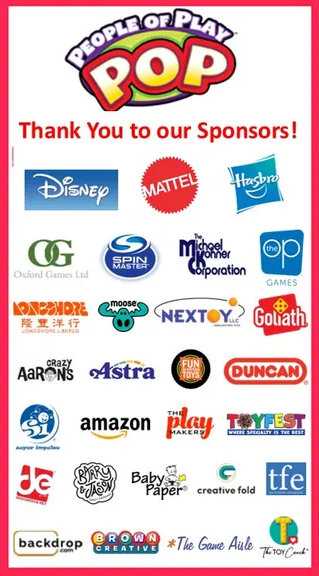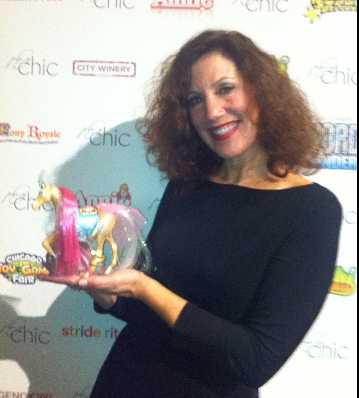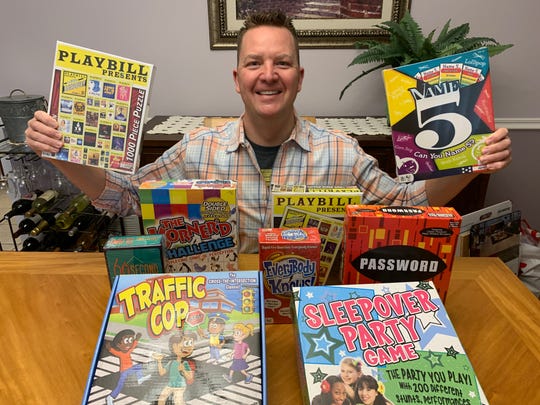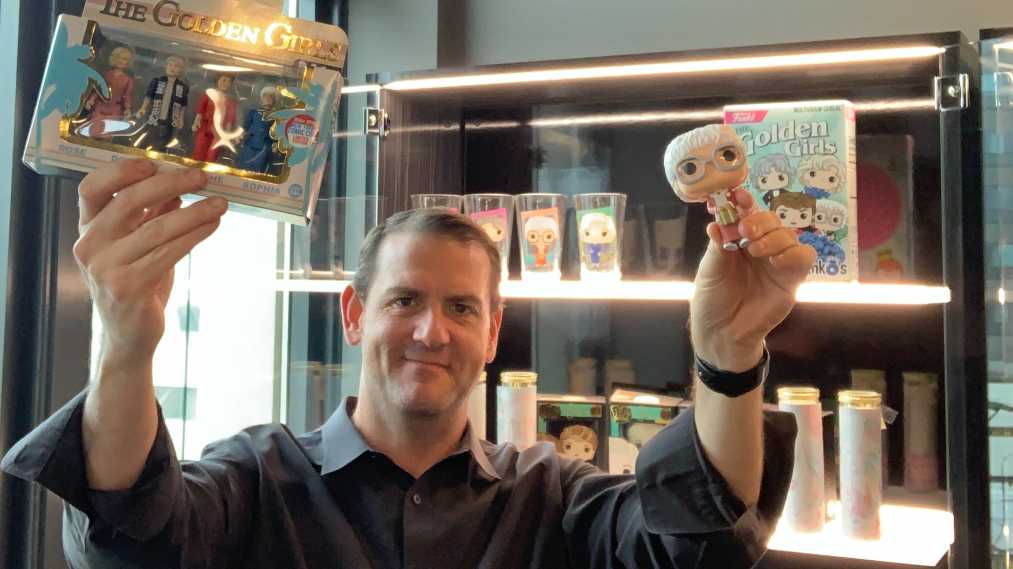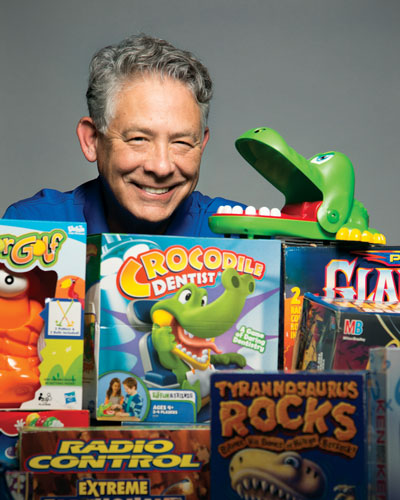Book Review: Radical Play: Revolutionizing Children’s Toys in 1960s and 1970s America by Rob Goldberg
by Julia DeKorte | 31 Jan 2024
Reviews
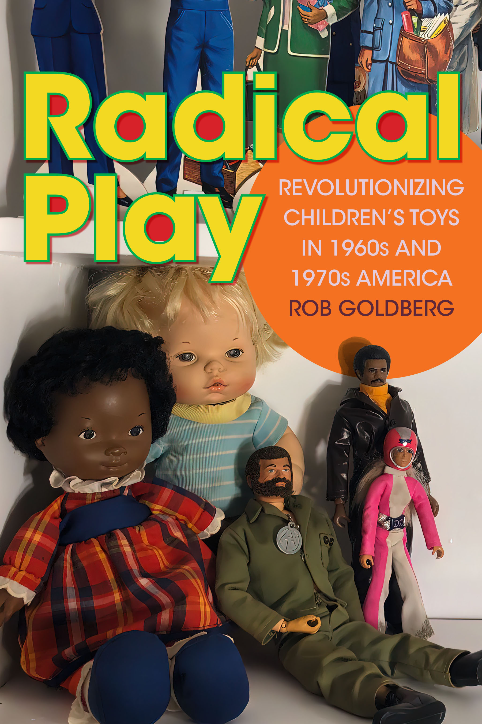
Radical Play by Rob Goldberg is a completely interesting look at the civil rights movements of the 60s and 70s through the lens of the toy industry. Goldberg explores the peace movement and the impact it had on war toys, the black civil rights movement and how it set new standards for dolls, and the feminist movement and how it changed what toys were marketed toward each gender. Complete with photos of various toys, posters, ads, and other images, many from Goldberg’s own collection, this book expertly covers the era in history when toys became so much more than simple playthings.
The section on the peace movement and war toys spans two chapters, Chapter 1: Parenting for Peace, and Chapter 2: No War Toys. As the peace movement saw men and women protesting the war, the toy industry saw similar protests outside of Toy Fair. Mothers and children picketed on the New York City streets, pushing for toy companies to stop producing the war toys that had recently surged in popularity: the Johnny Seven O.M.A. from Topper Toys, the Guerilla Play Set from Mattel, G.I. Joe: America’s Moveable Fighting Man from Hasbro, to name a few.
Goldberg dives into this period of history by telling the stories of individuals, like members of the Women’s International League for Peace and Freedom (WILPF) and Women Strike for Peace (WSP) and what their efforts looked like. They staged boycotts, spoke with local toy retailers about what toys they wanted to see on shelves, and wrote letters to politicians calling for change. For the first time, toys weren’t just toys, they were learning tools, and parents didn’t want their children learning that violence was acceptable. They even called on parenting experts, like Dr. Benjamin Spock, attempting to educate the masses to think more intentionally about what toys they give their children.
The next section covers how the black civil rights movement impacted the toy industry, with chapters 3 and 4: Integrating the Doll Shelves and Black Power in Toyland. Again, Goldberg brings such an expansive time in history down to earth by covering individual stories, especially the story of Shindana, the first black-owned and black-run toy company. Shindana created black dolls that weren’t, as Lou Smith, one of the Shindana pioneers, put it, “colored versions of white dolls.” Shindana made authentically black dolls and set the standard for other toy companies to produce ethnically correct dolls as well.
And the final section, also spanning two chapters, covered the feminist movement and how it called for equal play. Chapters 5 and 6, Equal Play and Feminist Toys, tell the stories of equal rights activists fed up with play vacuums and cleaning sets being marketed towards little girls, while chemistry sets and trucks were advertised to little boys. Many realized that achieving equal opportunities for men and women must begin with girls and boys, and parents made that clear to the toy industry. And again, the toy industry changed with the times.
Politics, parenting, and play all intersected during this time period, and Goldberg breaks it down so intricately. Anyone interested in the civil rights era of history would find great interest in this book: it’s a complete and total deep dive into one of the most interesting periods of American history, with such a unique perspective, too.
Rob Goldberg, the master behind this masterpiece, has a Ph.D in History from the University of Pennsylvania. He currently works as the Chair of the History Department at Germantown Friends School in Philadelphia. He is most certainly an expert in his field: his work has been featured on WNYC’s The Brian Lehrer Show, in the New York Times, The New Yorker, The Washington Post, Ms. magazine, and The Los Angeles Times. He’s also been interviewed in Toy Tales and the American Journal of Play. You can also find him in Season 2 Episode 6 of The Toys That Built America: Cabbage Clash.
Recent Blogs
Recent Blogs

Reviews
Toy Review: Wyldshyres
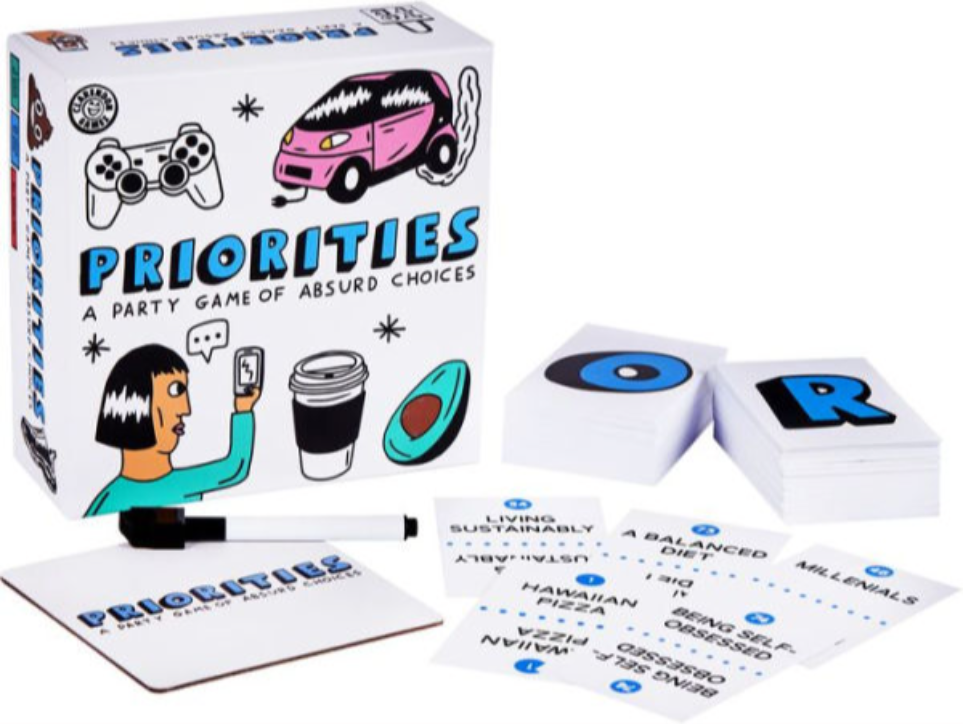
Reviews
Game Review: Priorities

The Bloom Report
Bob Moog’s Tribute to Cris Lehman, Co-founder and CFO of University Games

The Bloom Report
Dr. Amanda Gummer on Children’s Digital Wellbeing Framework (CDWF): A practical route to better-designed digital experiences for children
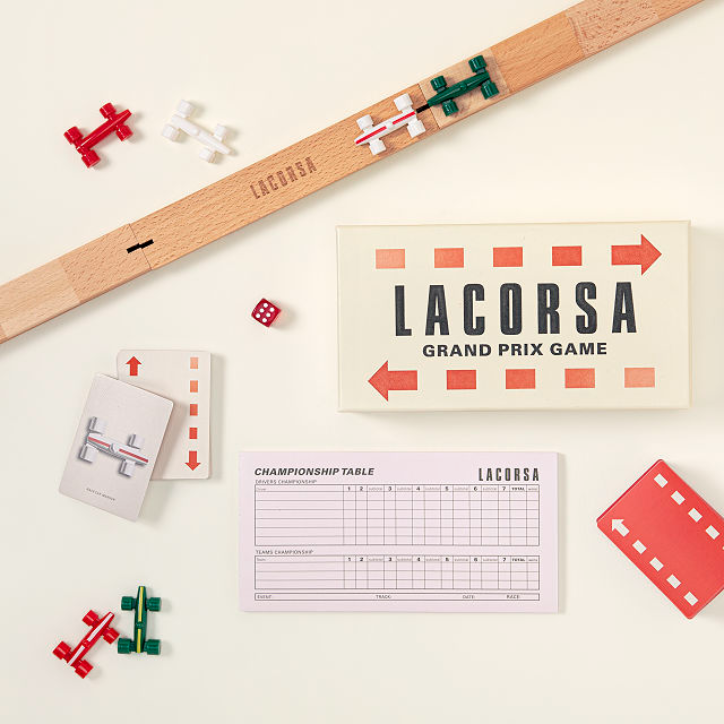
Reviews
Game Review: Lacorsa
See more
Recent Wiki
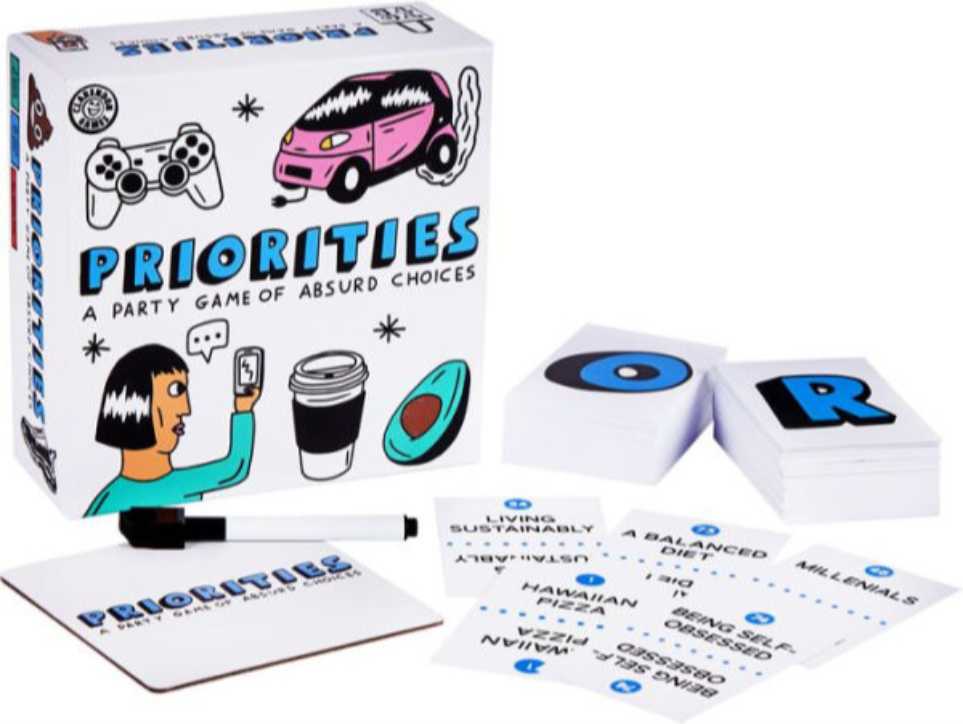
BOOK REVIEWS
Game Review: Priorities

REST IN PEACE - OBITUARIES
Bob Moog’s Tribute to Cris Lehman, Co-founder and CFO of University Games

COMMENTARY AND OPINION EDITORIALS
Dr. Amanda Gummer on Children’s Digital Wellbeing Framework (CDWF): A practical route to better-designed digital experiences for children

BOOK REVIEWS
Toy Review: Wyldshyres
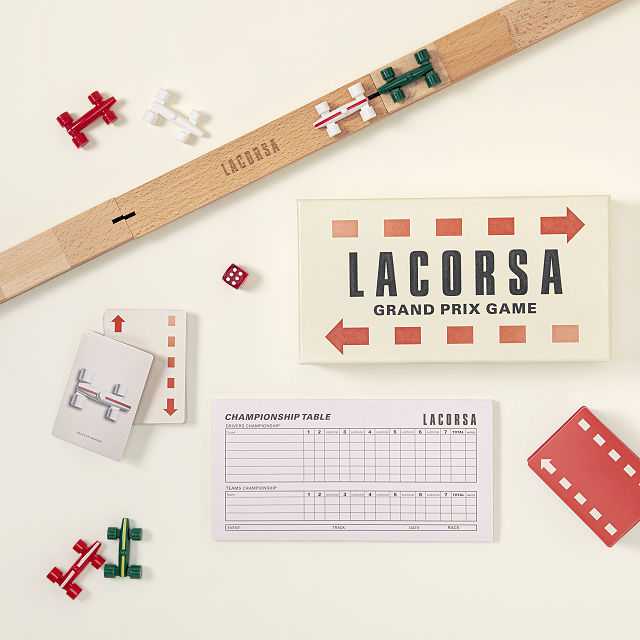
BOOK REVIEWS
Game Review: Lacorsa
See more
POP's Got Talent

POP Entertainment
Randy Klimpert Shares his Ukulele Collection

POP Entertainment
Steve Casino Peanut Art
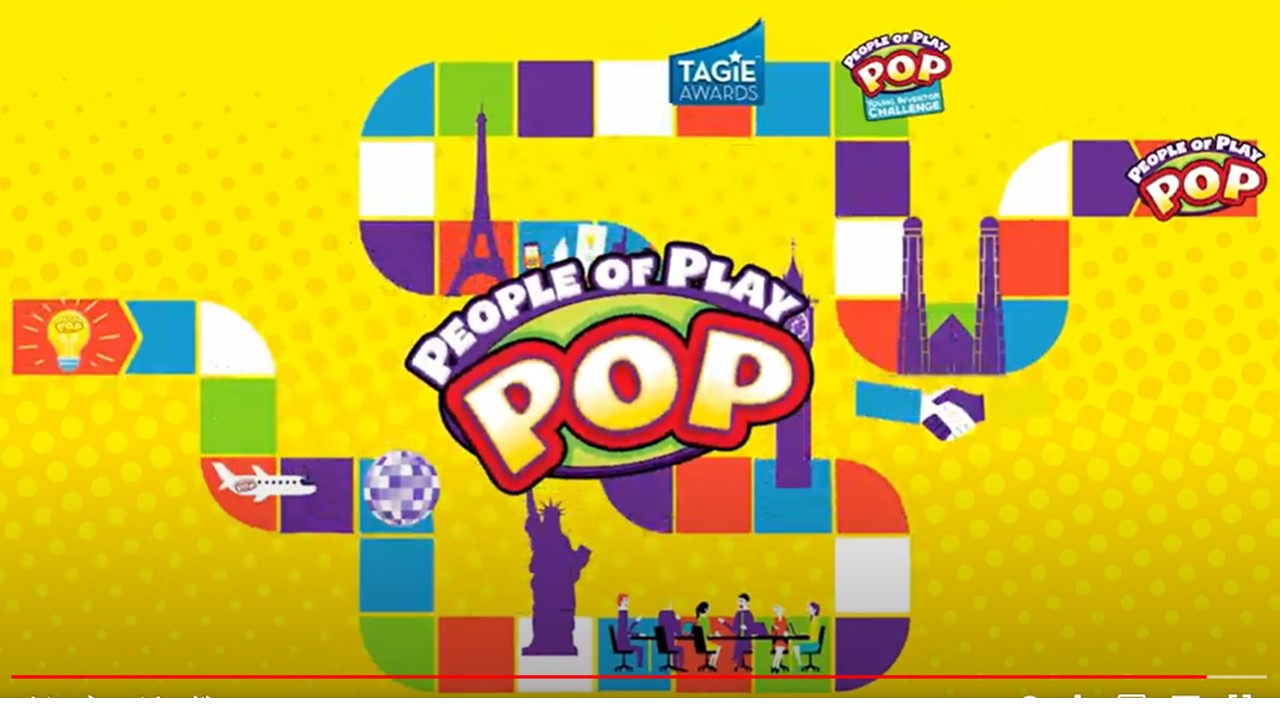
POP Entertainment
Everyone's Talking about POP!

POP Entertainment
Princess Etch - a Multi-Talented Etch A Sketch Artist

POP Entertainment
Joseph Herscher of Joseph' s Machines.
See more
Recent POPcast
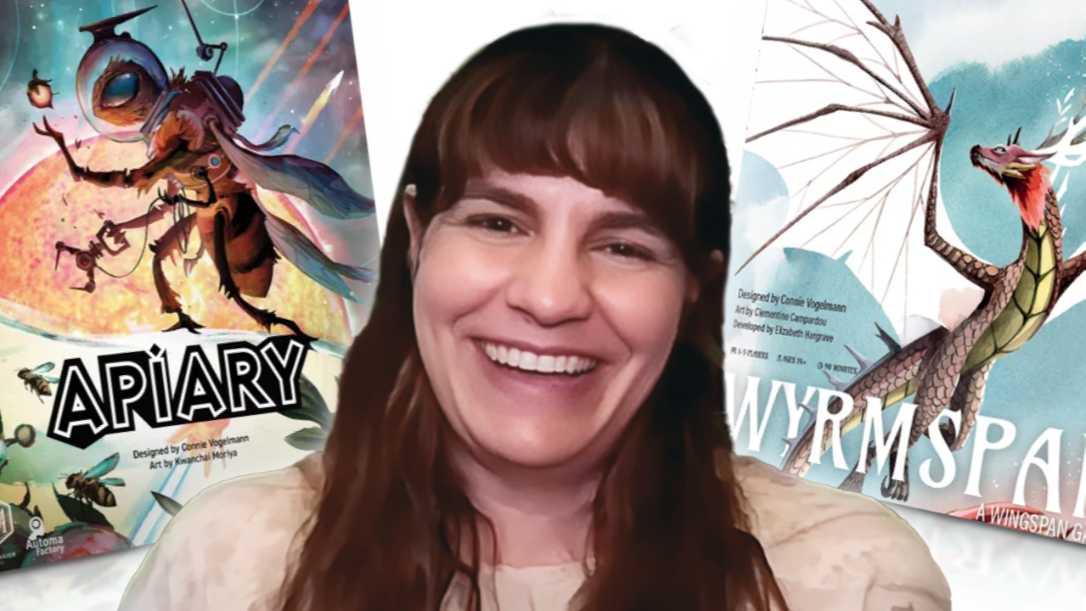
Hidden Role: The Brains Behind your Favorite Games
Connie Vogelmann designed Apiary & Wyrmspan!

Hidden Role: The Brains Behind your Favorite Games
Bob Fuhrer... Is THE Crocodile Dentist!

Hidden Role: The Brains Behind your Favorite Games
Tom Dusenberry... Bought Atari, Wizards of the Coast, and Avalon Hill!

Hidden Role: The Brains Behind your Favorite Games
Matt Leacock created Pandemic... the game!

Hidden Role: The Brains Behind your Favorite Games
Scott Brown and Tim Swindle... are Launching a New Sport!
See more
POPDuos

POPDuos: Interviews with Legends and Leaders
POPDuo: Richard Dickson, Mattel’s President & COO, and Kedar Narayan, Young Inventor Challenge AMB

POPDuos: Interviews with Legends and Leaders
POPDuo: Will Shortz and Josh Wardle

POPDuos: Legends and Leaders Explore Creativity
POP Duo: Elan Lee, Co-Founder, Exploding Kittens.and Jeff Probst, Host and Exec Producer, Survivor

POPDuos: Legends and Leaders Explore Creativity
POP Duo: David Fuhrer, MNG Director, Blue Sq Innovations & Shawn Green, past Dodgers & Mets MLB Star

POPDuos: Legends and Leaders Explore Creativity
POP Duo: Bob Fuhrer, Founder, Nextoy and Tom Fazio, Golf Course Designer
See more




